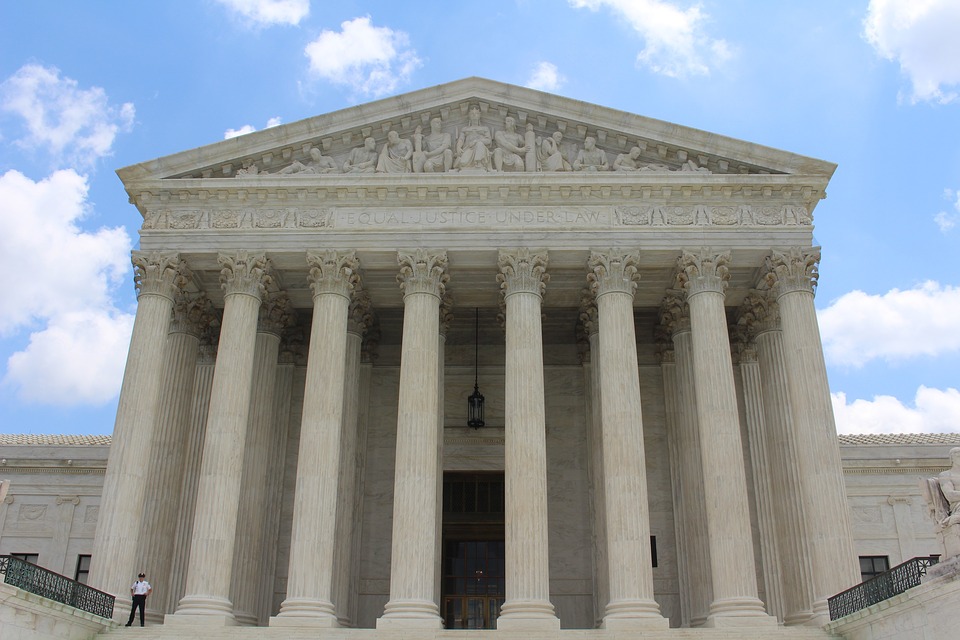
Even the best factual cases are no match for the principle of federal preemption, as residents of Camillus, New York learned the hard way.
On May 25, 2018, the Second Circuit affirmed the Northern District of New York’s judgment dismissing the lawsuit filed by Camillus residents and property owners against Honeywell International, Inc. (Honeywell); that suit was related to alleged exposures to toxic chemicals from a government-mandated cleanup of Onondaga Lake.
Honeywell had been required to cleanup and dredge that part of the Onondaga Lake Superfund Site known as “Wastebed 13” pursuant to a federal consent decree, in which it agreed to carry out a Comprehensive Environmental Response, Compensation, and Liability Act (CERCLA) cleanup plan established by the U.S. Environmental Protection Agency (EPA) and New York State Department of Environmental Conservation (DEC). As part of the cleanup plan, Honeywell dredged sediment from portions of Onondaga Lake and transported that waste sediment via pipeline to Wastebed 13. In Bartlett v. Honeywell International Inc., (17-1907-CV, Second Circuit Court of Appeals), Plaintiffs alleged that Honeywell had been negligently dumping hazardous waste generated from their dredging of contaminated sediment from the lake, resulting in the production of noxious odors and fumes that were endangering the health of nearby residents, as well as causing loss of enjoyment to their properties. The residents were essentially challenging the adequacy of the consent decree and the remedy selected by the EPA. The court ultimately dismissed the residents’ case, citing the doctrine of federal preemption.
First a bit of background on “federal preemption.” Preemption is a doctrine of American law stemming from the Supremacy Clause within Article VI of the U.S. Constitution, which provides that federal law is the “supreme law of the land.” In practice, this means that some state and local laws and regulations have to take a back seat to federal law or the U.S Constitution (i.e., they are “preempted,” in effect, blocked as superseded by the more important federal law). More than 300 federal statutes expressly preempt state and local intervention, while hundreds more have been interpreted by courts to imply that they preempt state or local laws. The Comprehensive Environmental Response, Compensation, and Liability Act (CERCLA) is one of those federal laws that tends to trump state tort law in many though not all respects.
In this case, the Camillus residents alleged that Honeywell improperly failed to handle their waste in violation of state tort law and the consent decree. Unhappily for the residents, the Second Circuit Court of Appeals found these allegations to be “implausible” because there were both state and federal government agencies (i.e., EPA & DEC) supervising the remedy choice and Honeywell’s activities, with a federal district court supervising Honeywell’s conduct in compliance with the consent decree – that court had determined that the company was complying with its responsibilities under CERCLA and the consent decree. The residents’ argument that Honeywell should have done more testing on its methods of dealing with the dredge waste or that it should have conducted more air monitoring was unconvincing. According to the Second Circuit,
the residents’ perimeter air monitoring system allegations are also undisguised attacks on the consent decree’s terms…CERCLA preempts many of the Amended Complaint’s allegations because they transparently attack – on the basis of state tort law – the consent decree itself, and not its implementation.
The court put this in another way: “CERCLA preempts the residents’ attempts to impose state tort law liability on Honeywell for not going above and beyond a testing regime which the EPA described as ‘extensive.'”
This case is a reminder that even though facts might seem to be in your favor (i.e., exposure to contaminants resulting in damages), you may not have a case against the offending actors if the government has already vouched for their actions in remedying the situation. Here, the Second Circuit agreed with the lower court, dismissing the Camillus residents’ and property owners’ case and rejecting their “fleeting request” to amend their complaint yet again.
Contact the attorneys of Periconi, LLC at (212) 213-5500 if you are considering a lawsuit for contamination to your property or if you need to explore your legal options under CERCLA.

